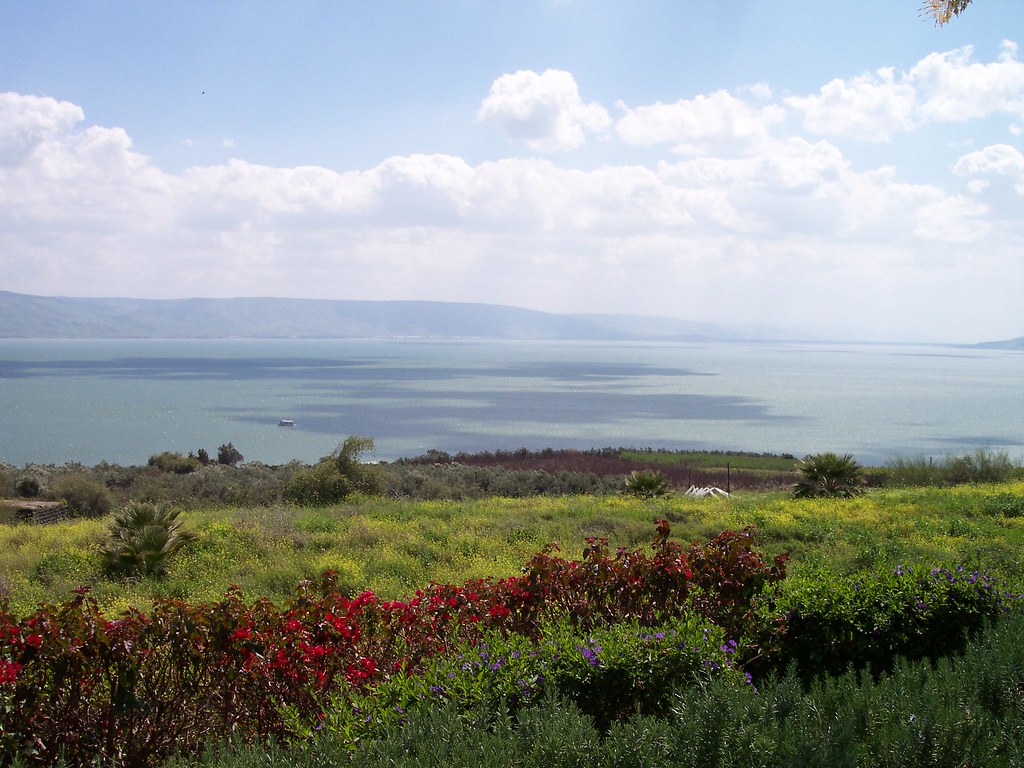"Your kingdom come" (Matt. 6:10).
The words of Jesus continually fascinate and overwhelm me, and the Sermon on the Mount is the longest (recorded) discourse of any sort in the ministry of Jesus. At an average pace, this sermon probably only took 15 minutes to deliver. Don’t get any ideas, we preachers are not Jesus.
The nature of the content is extraordinary – so much to see, chew, digest. It is utterly inexhaustible. But, in an effort to write on the sayings of Jesus (my column here used to be called “Jesus Said,” after all), I thought I might share with our readers the four points with which I began a recent series on this great Sermon:
1. Jesus Declares Himself Our Great King & Lawgiver (Matt. 5:1-2). On a mountain, Elijah defeated the false prophets of Baal, proving there is but one God. On a mountain, Moses received the Law. On a mountain, Jesus was transfigured, and spoke to Moses and Elijah about His impending death and the Father told the disciples that Jesus was the one they were to hear. Here, on mountain, our King delivered the Law of His Kingdom.
2. Jesus Declares Himself God’s High Priest (Matt. 7:24-27). Where does Jesus place Himself? In the middle between God and men. He hinges all human destiny on the authority of His words, and the finality of His judgment. The only way anyone is reaching heaven is through Him. That is something only God’s High Priest can do.
3. Jesus Declares Himself THE PROPHET of whom Moses spoke (Matt. 5:21-48, Matt. 7:24-27). Jesus is the new Moses that Moses prophesied about (Deut. 18:15-18). “You have heard that it has been said…but I say unto you…” (Matt. 5:21-48). “Whoever hears these sayings of mine…” (Matt. 7:21-27). Hebrews, “God, who at various times and in various ways spoken in time past to the fathers by the prophets, has in these last days spoken unto us by His Son” (Heb. 1:1-2a).
The Scripture says of Moses, “And Moses went up to God, and the LORD called to him from the mountain, saying, “Thus you shall say to the house of Jacob, and tell the children of Israel…So Moses came and called for the elders of the people, and laid before them all these words which the Lord commanded him” (Ex. 19:3,7).
Jesus, however, went up the mountain, met no one, sat down, and simply delivered the Law from Himself. He did not cite great rabbis or appeal to the oral traditions of the Law. Jesus never said, as the prophets did, “Thus saith the Lord.” He didn’t cite Moses, per se, He said, “If you believe Moses you would believe me because He wrote of me” (John 5:46). The hearers recognized the uniqueness of His words (Matt. 7:28).
4. This Sermon is The Magna Carta of our King & His Great Kingdom (Matt. 6:10). The pinnacle of the Sermon on the Mount, is one small petition in the model prayer, “Your kingdom, come, your will be done on earth as it is in heaven.” This is the key to the Sermon.
“Your kingdom come, your will be done on earth, as it is in heaven” is not a platitude. It is is both a PETITION we ask, and a PROMISE we make to God.
This sermon is not about changing the governments of the world; it is about changing the government within. It is not about merely waiting for a heaven that is to come someday; it is about creating a little piece of heaven right here, right now.
"Come, Lord Jesus!" – one day, yes; but,
"Come, Lord Jesus!" even now, and live within Your church, that others may know You.
- Your Kingdom Come - 2025-10-04
- Sometimes, teacher. Always, student (an anecdote). - 2025-08-30
- Fill in the blanks - 2025-07-12
